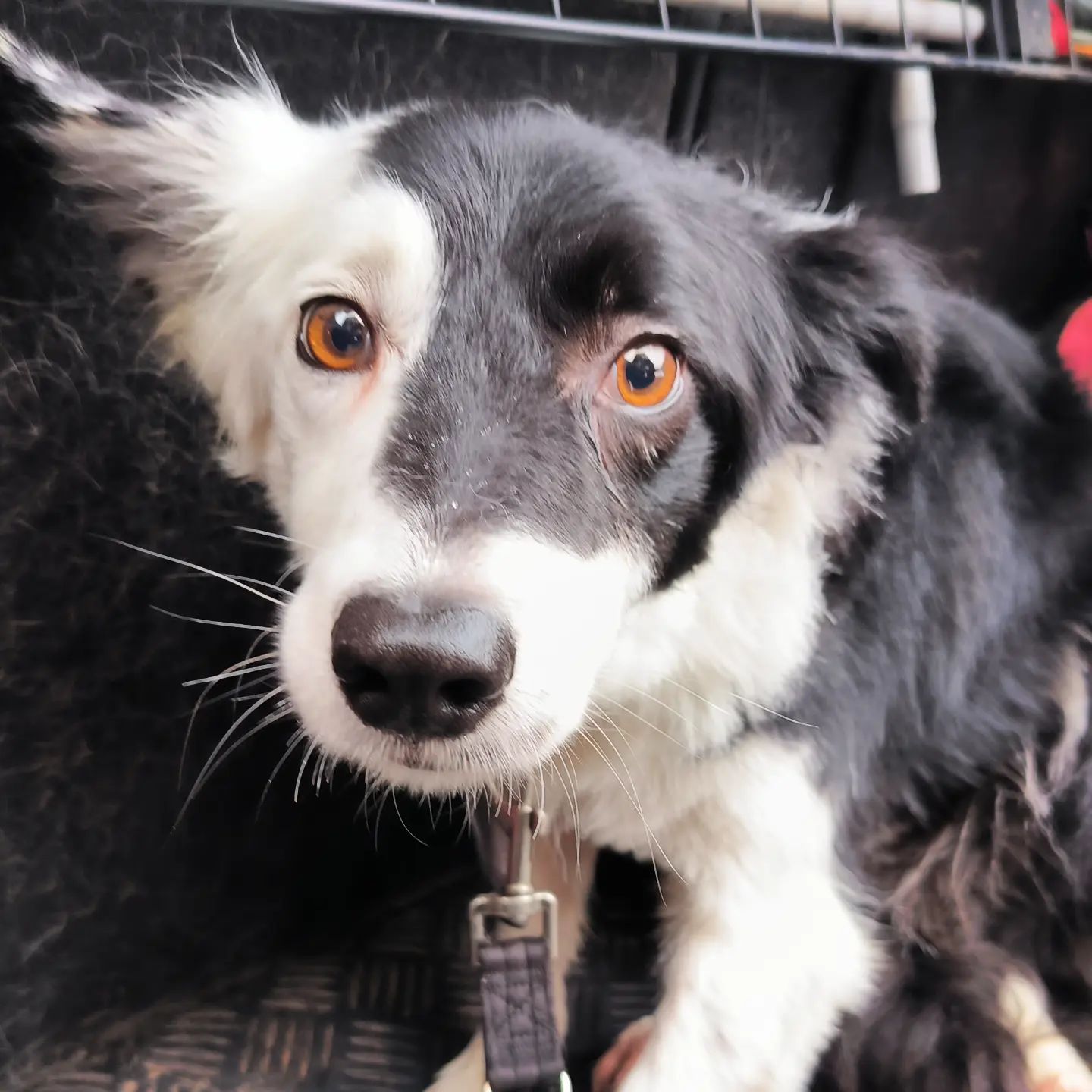An Eventful Day Ahead

Welcoming Dixie: A New Member of the Pack!
It’s an exciting day for us as we welcome our newest member to the pack, the charming Dixie Dog! With his wagging tail, bright eyes, and playful demeanor, Dixie has already stolen our hearts and we’re looking forward to introducing him to all his furry friends.
As Dixie settles in, we can’t help but reflect on the joy and companionship that can come with sharing our lives with these wonderful creatures. Dogs have been man’s best friend for thousands of years and their loyalty and devotion to us is unmatched. But beyond their unconditional love and affections, what is it about dogs that make them so special and important in our lives?
The Benefits of Having a Dog
Many of us already know the joys of having a dog around, but did you know that there are real and tangible benefits to having a furry friend by your side? Here are just some of the ways in which dogs can improve our lives:
1. Improved Mood and Reduced Stress
It’s no secret that spending time with dogs can make us feel happier and more content. Studies have shown that petting and playing with dogs can increase the release of feel-good hormones in the brain, such as serotonin and oxytocin. Additionally, being around dogs can help us feel more relaxed and calm, reducing stress levels in the body.
2. Increased Physical Activity
Dogs are natural-born walkers and runners, and having one as your companion can do wonders for your physical health. Taking your dog for regular walks or runs can improve your cardiovascular health, help you maintain a healthy weight, and even increase your lifespan.
3. Social Connection
Having a dog can also help us connect with others and build social support networks. Taking your dog to a dog park or on walks around the neighborhood can provide opportunities to meet other dog owners and make new friends. Additionally, dogs can provide a source of comfort and companionship for those who may be feeling isolated or lonely.
4. Enhanced Well-Being
The presence of dogs has been shown to have a positive impact on a person’s mental and emotional well-being. They can provide a sense of purpose and meaning, as well as help us develop a greater sense of empathy and compassion. In fact, many people have turned to dogs as a form of therapy, with trained service animals providing assistance to those with mental health conditions or disabilities.
The Joy of Welcoming a New Dog to the Pack
There’s something truly special about bringing a new dog into your home and welcoming them into your pack. The excitement and anticipation of waiting for your new furry friend to arrive, the joy of seeing them explore their new surroundings and watching their unique personalities emerge – it’s a feeling that can’t be matched.
As Dixie settles into his new home and gets to know his new pack, we can’t wait to see what adventures and experiences lie ahead. From long walks on sunny days, to cozy nights curled up on the couch, we’re ready to make memories that will last a lifetime with our new furry friend.
Q&A:
Q: How can having a dog improve your mood?
A: Spending time with dogs can increase the release of feel-good hormones in the brain, such as serotonin and oxytocin, leading to improved mood and reduced stress levels.
Q: What are some of the physical health benefits of having a dog?
A: Regular walks or runs with a dog can improve cardiovascular health, help maintain a healthy weight, and even increase lifespan.
Q: Can having a dog enhance your social connections?
A: Yes! Taking your dog out on walks can provide opportunities to meet other dog owners and make new friends, and dogs can provide a source of comfort and companionship for those who may be feeling isolated or lonely.
Q: How can dogs enhance our overall well-being?
A: Dogs can provide a sense of purpose and meaning, as well as help us develop a greater sense of empathy and compassion. Many people have turned to dogs as a form of therapy, with trained service animals providing assistance to those with mental health conditions or disabilities.







